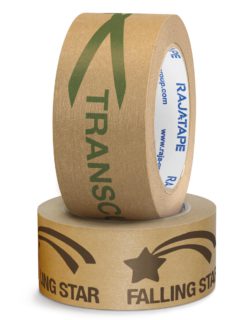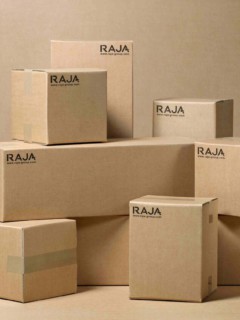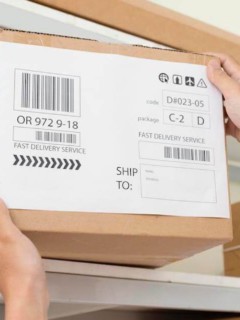Managing packaging waste is becoming crucial to maintaining the health of our planet. More and more companies and individual consumers are paying attention to how they can help reduce the amount of waste generated each day. In this article, we take a look at recycling and waste minimisation best practices that each of us can apply to our own lives.
Understanding the recycling process
To manage waste effectively, it is important to understand how the process of reusing materials works. An example would be recycling cardboard box, which is a rather complex process, but at the same time extremely important for the environment. By recycling, paper and cardboard can be recycled many times, significantly reducing the need to cut down new trees.
Reducing waste
The first and most important step towards sustainable waste management is to minimise the amount of waste produced in the first place. This includes making conscious purchasing choices, such as choosing products with less packaging or choosing reusable packaging and refilling products rather than buying new ones.
One of the easiest ways to reduce waste is to choose eco-friendly packaging. Often made from biodegradable or recycled materials, these products can significantly reduce your impact on the environment. Want to learn more about this type of packaging? Check out our recent post: Ecological and biodegradable packaging for shipping – what are the characteristics?
Waste separation
For recycling to be effective, it is essential that waste is properly segregated. This means separating it into different fractions, such as paper, plastic, glass, metal and biowaste, at home or in the workplace. Many localities offer detailed waste segregation guidelines to help you sort your waste correctly.
Correct segregation not only makes the recycling process easier, but also more efficient, resulting in less consumption of natural resources and fewer greenhouse gas emissions.
Promoting recycling
Actively supporting recycling systems, both locally and globally, is key. This includes not only separating waste, but also using products made from recycled materials. By favouring such products, consumers can stimulate demand for recycled materials, thereby encouraging companies to invest in recycling technologies and sustainable manufacturing practices.
Environmental education and awareness
Raising awareness of the importance of recycling and waste management is fundamental to changing societal behaviour. Environmental education, both in schools and through public awareness campaigns, can make a significant contribution to increasing the public’s commitment to environmental action.
Knowing how to separate waste properly and why this is important can inspire people to take daily action to protect the environment. It is also useful to know about the recycling process for cardboard boxes.
Innovations and new technologies in recycling
It is also worth mentioning that the development of recycling technologies is opening up new possibilities for waste treatment. Innovative methods, such as chemical recycling of plastics or advanced sorting techniques, can significantly increase the efficiency of recycling and make it possible to recover materials that were previously difficult to recycle. Investment in such technologies is key to the future of sustainable waste management.
Involvement of local communities
Managing packaging waste is not a challenge that can only be tackled at an individual or corporate level. Local communities play a key role in establishing effective recycling systems and promoting sustainable practices.
Local initiatives, such as recycling workshops, reusable packaging exchange programmes or local speciality waste collection points, can make a significant contribution to increasing awareness and involvement of local residents. Cooperation between municipalities, businesses and residents is key to building sustainable and effective waste management systems.














